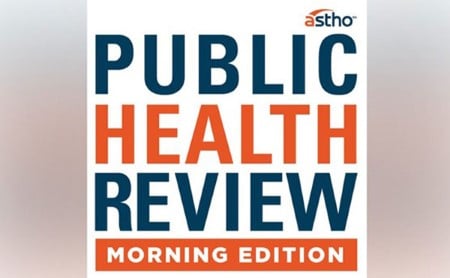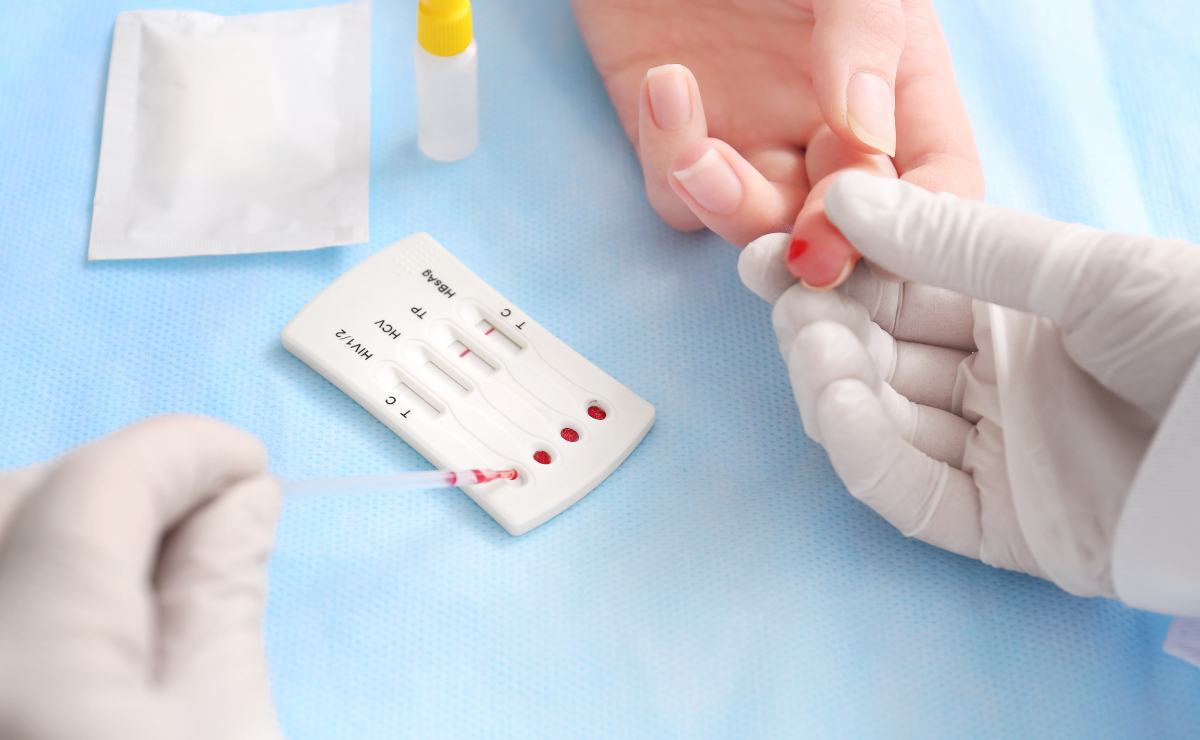Syphilis has become an urgent public health issue across the country as the number of cases has increased over the last decade. While a treatable sexually transmitted infection, initial signs and symptoms of syphilis can be easy to miss as they can be non-specific, and many providers may not immediately recognize that syphilis testing is needed. This can delay diagnosis and treatment by years, causing permanent harm.
In the last decade, the rate of primary and secondary syphilis among women has increased by a staggering 636% (in comparison to the rate of men increasing 103% during the same period). The increased rate of syphilis among women has also led to an increase in cases of congenital syphilis, which is when a syphilis infection is passed on during pregnancy or delivery. Congenital syphilis can have devastating impacts, including stillbirth, infant death, and permanent disability.
State and territorial health departments play an important role in addressing rising syphilis and congenital syphilis rates. Evidence-based strategies to decrease syphilis include increasing access to health care, timely infection identification and treatment, and partner services. ASTHO has created resources to support state health officials and health department staff in their fight against syphilis and other sexually transmitted infections.
Latest Syphilis Resources


Syphilis Testing in Correctional Facilities Reduces Infection Rates
Learn More




Approaching Public Health Issues Among People Who Use Drugs Through a Syndemic Lens
Learn More



Partnerships and Collaborations
Check out these additional resources from our partners supporting syphilis screening.
- Syphilis — STI Treatment Guidelines | CDC
- County-Level Syphilis Data | STI Statistics | CDC
- Considerations for the Implementation of Point of Care Tests for Syphilis (PDF) | HHS
- Toolkit to Increase Screenings for STIs, HIV, and Viral Hepatitis | AMA
- ED Syphilis/HIV/HCV Screening | Bridge to Treatment
- Using Effective Media Campaigns to Raise Awareness About Syphilis (PDF) | NACCHO
- Best Practices for Rapid Syphilis Testing in Outreach and Non-Clinical Settings (PDF) | NACCHO
- State Syndemic Approaches and Congenital Syphilis | National Governors Association
- Meaningful Partnerships to Support Indigenous Health | Cardea Training Center
- Let Medicaid Give You a Ride Fact Sheet (PDF) | CMS